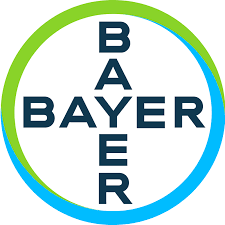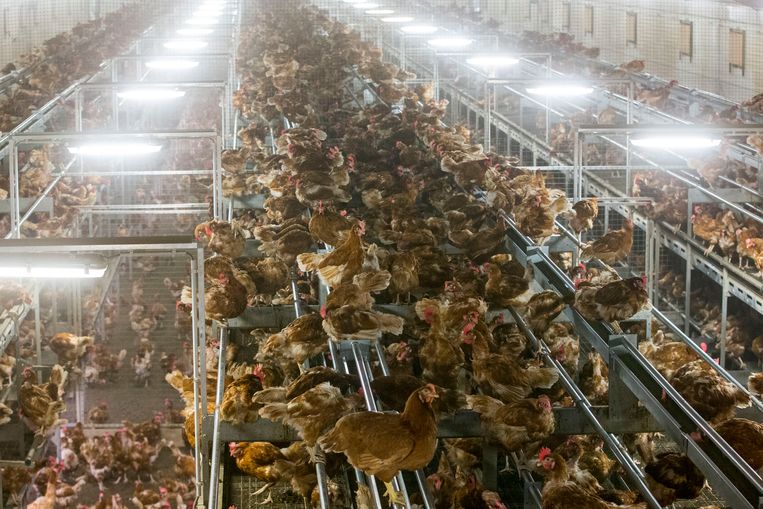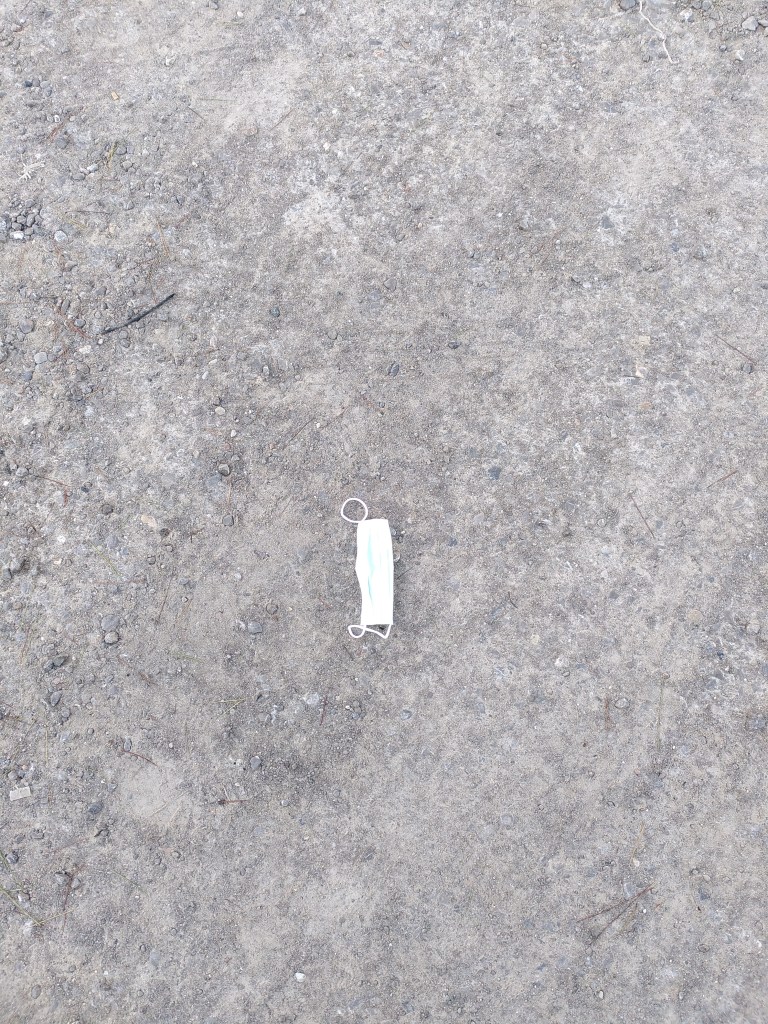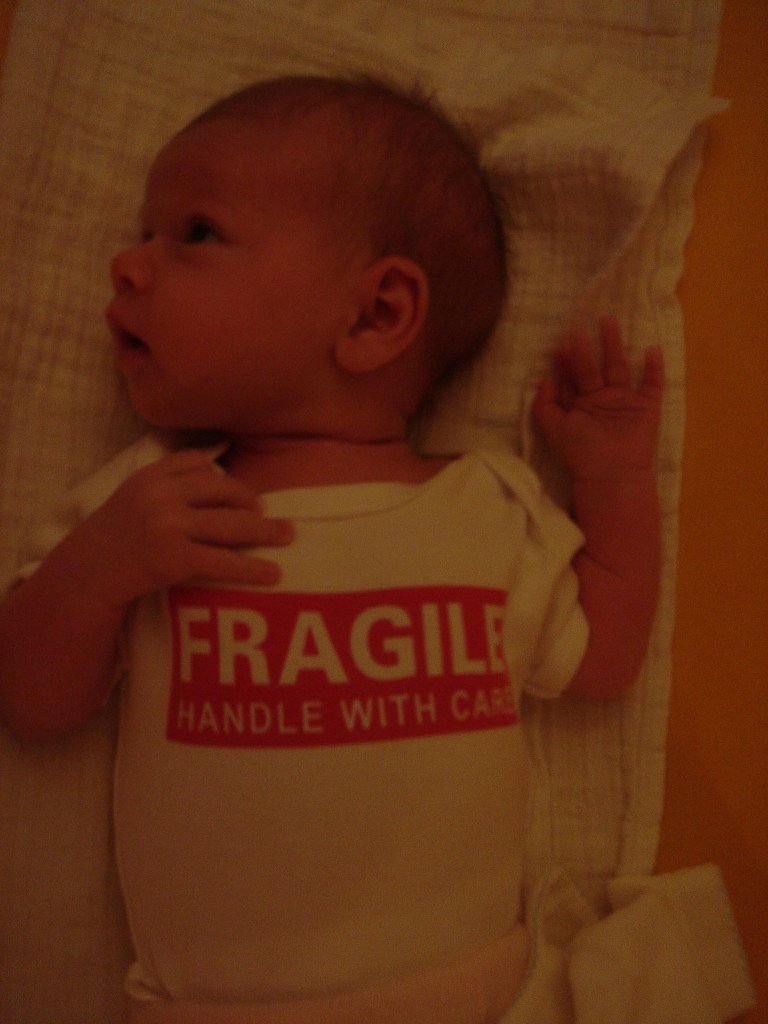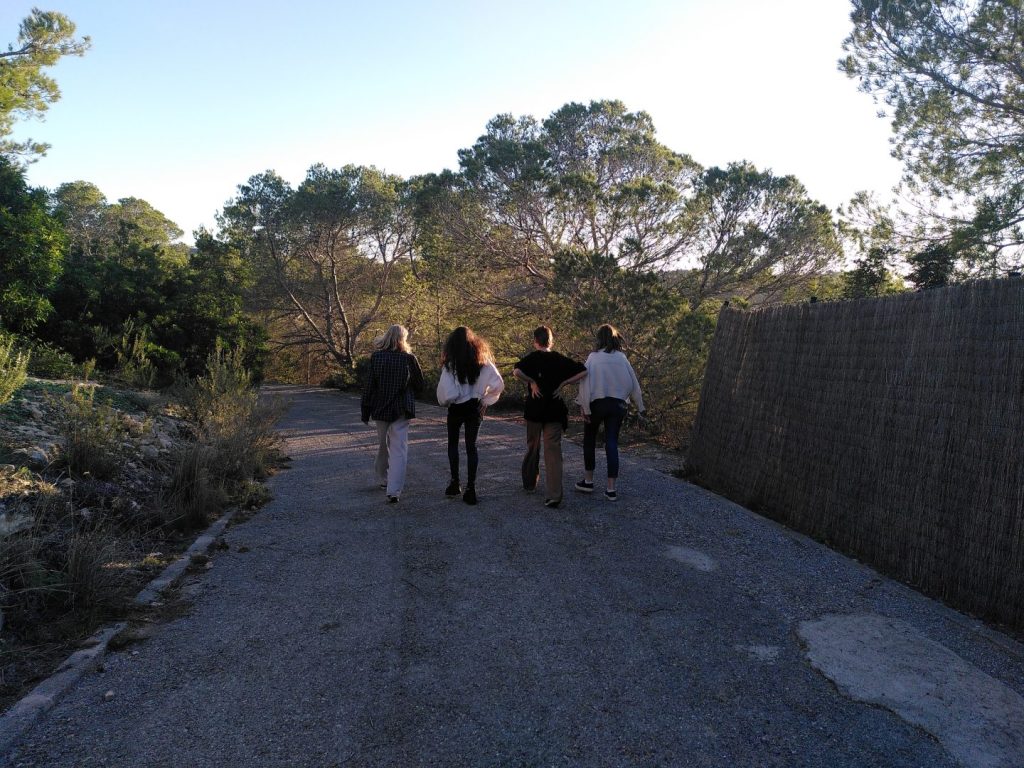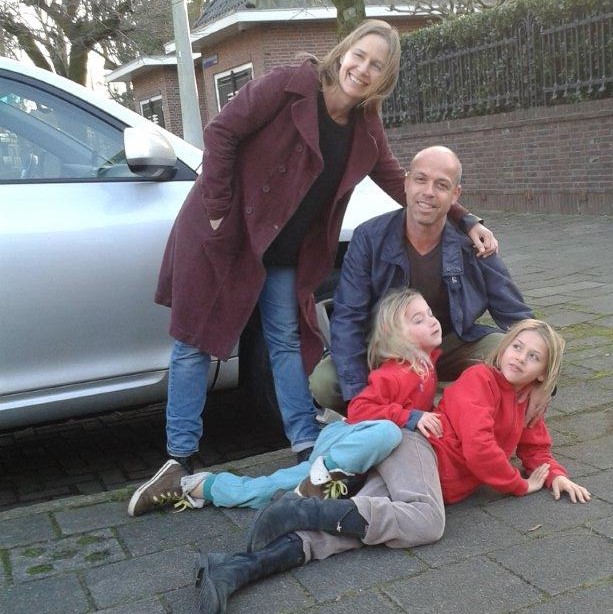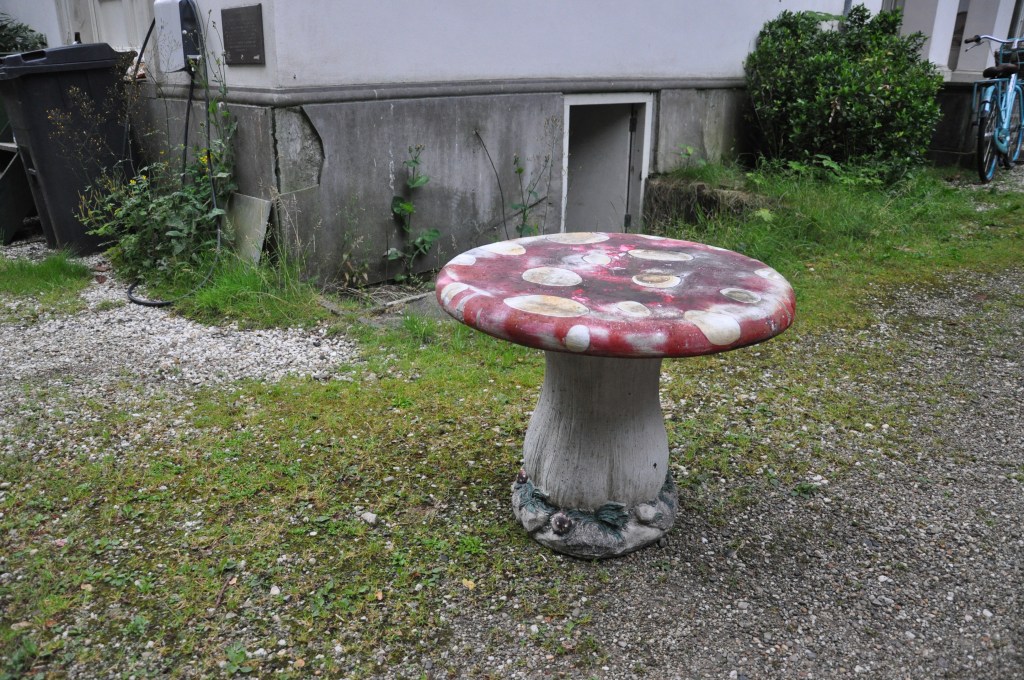
As a child, whenever I was sad, my mother would say: “Don’t cry sweetheart, save your tears for later”. I’m not certain how my naive ears interpreted the words back then, but I know they didn’t carry the ominous and fatidic charge they do now. Freshly unfamiliar with the depths life can plunge you into, I guess I didn’t understand them. To me, a notorious daydreamer, the future could only be better and more exciting, surely ever improving. So I must have missed the notion of an adult life that would require the amassing of tears, or else dismissed it. Although the words were spoken with infinite tenderness, and I strongly recall feeling the love that spurred them, I believe telling a child to save her tears for when she grows up is objectionable in more than one way. Beside setting the stage for a future full of sorrow, it implies that her youthful sadness is too unimportant to cry over.
I’ve done that all my life, look ahead, expecting goals to be achieved, a name to be made, the perfect home to be found, our wonderful life to be even more perfect. Until all of a sudden, you were gone and life collapsed. Only recently did I learn (still learning, really) to truly live in the present; your death helped, forced me to. I always thought it was good to be one step ahead. But it never is, not when it comes to living. The step ahead might never come, and as you peer ahead, you miss this very moment, which is all we really have. Being present, here and now. Words that can be heard so often these days, they have turned into a cliché. But just because it’s a cliché doesn’t mean it isn’t true. A growing number of people seem very intent on teaching us this axiom, practically shoving it down our throats. Despite the jarring fashionableness of spirituality, something many businesses have eagerly latched onto, I think they have a point, and I suppose the idea has become ubiquitous because it’s time we learn. Or, in fact, re-learn. For ourselves and for the world.
This not only means taking the time (in fact, sitting down and meditating on it is not even needed, you can do it while running errands or slaving at your 80-hour-a-week job, though, as a side effect, you’ll automatically start wondering why you run or work so much) to be in the moment, it also means be in our bodies and listen to what nature has to tell us. She is a great but soft-spoken teacher. Silence and serenity are needed for hearing her.
You used to have great faith in Western medicine, but I think it provided you with an excuse for ignoring your body. Pills were your principal panacea, as they are for the majority of people in the Western world. Because of our myopic way of viewing health, or rather, disease, we act only when something is wrong and set out to treat the malady or compromised immune system or ailing organ, which has often taken quite some time to develop or deteriorate, while our body sent us messages we ignored. Everything is connected, and if we learn to truly take care of and pay attention to our bodies and the world around us, which are inextricably linked, I’m convinced we can prevent many diseases.
To me, Western medicine, though brilliant in isolated instances, suffers from the band-aid-for-a-bullet-wound syndrome. It could benefit immensely from a paradigm shift, focusing on how to keep people healthy instead of cure a disease, but of course the pharmaceutical’s revenue model gets in the way of that. Very in the way, and, I suspect, deliberately.
The COVID-19 crisis clearly proved this. The entire world, well, the so called ‘developed’ world at least, was looking to a vaccine as the sole solution to get us out of lock-down, to return to life as it was before the pandemic. Not disregarding the brilliancy of the scientists who are able to create this kind of protection, and realizing it can be a life-saving tool in rare instances, in this case I think it was an attempt at another quick fix for our fundamentally distorted way of dealing with health, the environment and our food.
Plentiful were the articles regarding the development of a vaccine, rare the ones focusing on more natural cures or immunity boosting herbs or foods. If those managed to reach the mainstream media at all, they were rapidly dismissed as quackery. Another news coverage lacuna during the corona-crisis should have been taken up by a discussion of underlying problems or causes, like how air pollution makes people more vulnerable for getting seriously ill from COVID-19 and plenty other respiratory diseases, like asthma. On the website of the Dutch Lung Foundation I discovered that the number of people who died prematurely every year of bad air quality was comparable to the amount of deaths by COVID-19 in its first year.
Factory farming employs massive amounts of antibiotics to treat healthy animals that we regard and treat as products, creating widespread resistance in bacteria and an ideal environment for the development of virulent pathogens. Instead of looking critically at the way we use, or rather abuse, animals, we forego their well-being in favor of our insatiable lust for meat and dairy by incarcerating too many in too little space, and, as soon as a new virus appears on the scene, like the bird flu virus that’s going around in many countries right now, we lock up the free-range ones as well.
The way we deal with this kind of threat reflects our irrational and destructive fear. In the news, we hear of wild birds being the culprits (a preposterous and perilous notion), and we read about millions of deaths among farm birds. Contrary to what headlines like,”raging avian flu destroys nearly a million farm birds in Alberta”, lead us to believe, this massacre is not caused by the virus. Panicked governments order farmers to destroy their entire flock if one of the chickens or other birds tests positive for the virus. I know I am not the only one who thinks this way of dealing with animals is utterly insane, but why is this genocide still happening? How can we accept and justify this? These measures are merely taken out of fear for our own health, since a virus will not wipe out the entire bird population, as COVID-19 did not wipe out all of humanity. Considering the way we deal with nature and other living creatures on this planet, I almost wish it had.
Now that we’ve returned to ‘normality’, and the vaccine has proven less, or at least no more, of a solution than the development of natural immunity among humankind, we can go back to focus on all the other diseases that have never left us, like cancer, cardio-vascular diseases and depression. Even though the latter has been on the rise for quite some time, the corona-crisis made it increase exponentially. I’m deliberately saying the corona-crisis, not the virus itself, because I believe it was the fear and the fear-based measures that helped tumble many people into a dark hole from which they couldn’t see a livable present or future.
Knowing the way you placed your trust in Western medicine, I figure you’d probably be more inclined to accept the new vaccine. We might have had differing opinions, but it wouldn’t have been a problem. We were able to disagree, that was the kind of relationship we had. During the pandemic situation, an acquaintance indignantly accused me of distrusting the motives of health professionals. Having doubts concerning a vaccine that was created in record time, doesn’t imply a suspicion of foul play, it is merely an acknowledgment of the possibility for human error. Healthcare is not exact science and the workings of the body are still largely a mystery to us; we simply cannot foresee what consequences injecting altered mRNA or even a disabled pathogen into a body, bypassing the ‘normal’ route, will have. It’s another example of our myopic view of health, where we fail to look at the entire picture, or body, in this case.
Physicians, scientists, nurses, all with the best intentions and like everyone else, make mistakes or decisions based on incomplete or faulty knowledge. It’s inevitable, since our cerebral knowledge of the human physique is limited. Each and every one of us, however, has the ability to know our body fully, on a very different level. Throughout my life, I’ve seen this principle forcefully confirmed. You know I come from a family of doctors (once was a time I wanted to become one myself), and my father was a dedicated and brilliant OBGyn. You admired him, and sometimes unfavorably compared yourself to him, but you were no less brilliant, be it in a different way. My father made important contributions to the treatment of infertility and his patients adored him. But he wasn’t infallible. Because of a slight acne problem during my teenage years, he prescribed a contraceptive pill. It wasn’t until I turned about twenty-one that I realized that the depressed moods were not part of my own constitution and that my metabolism wasn’t slow. As soon as I stopped taking the Diane-35 my moods improved and balanced out and I lost excess weight I never put on again. My father was a great physician, and there was no doubt he meant the very best for me, but I finally listened to my body and drew my own conclusions. And I was right.
Less than a month before you suddenly passed away, my mother almost did as well. The oncologist who treated her was convinced that the spot in her lungs heralded adenocarcinoma. In order to confirm this suspicion, the radiologist took a biopsy, which almost proved fatal, causing massive pulmonary bleeding. After her recovery, the result of the biopsy revealed it wasn’t malignancy, but an innocent topical infection. During my mother’s treatment, two major mistakes were made by her specialist doctors, one of which instilled unwarranted fear and worry in her and us, the other of which almost killed her. A quick aside: the biopsy gone wrong landed my mother in the IC of the hospital (hooked up to a ventilator!), but she was ushered out as soon as she was no longer in immediate danger, because, yes, the IC was working at overcapacity. This was December 2019, but I checked for previous years, and it’s the rule for every fall and winter. During that time of year, Dutch intensive care units are usually fully occupied with an overworked staff. It only takes a quick Google-search to find articles corroborating this, revealing this is the seasonal situation in many countries.
https://www.bbc.com/news/health-42572116
https://toronto.citynews.ca/2018/02/13/toronto-hospital-flu/
https://www.france24.com/en/20170111-french-hospitals-cancel-operations-amid-brutal-flu-epidemic
https://nos.nl/artikel/2084678-ziekenhuizen-hebben-handen-vol-aan-grieppatienten
https://www.rivm.nl/nieuws/griepseizoen-winter-20142015-zwaarder-en-langer-dan-voorgaande-jaren
The third miscalculation by a doctor in that fateful December month did prove fatal. To you. I’m positive the cardiologist who examined you and told us not to worry didn’t mean for you to die. I am sure he thought he was treating you in the best way possible, sending you home with blood thinners. But we should have been concerned, very much so, since you did die. This doctor made the catastrophic mistake of not keeping you for more extensive examination, instead once again going for the band-aid solution: pills.
I bear no grudge against this cardiologist, I feel no anger towards him and I’ve never considered suing. But I don’t think you’d blame me for not blindly accepting whatever a health professional says. Your body, the only true health authority, knew something was terribly wrong, and it either didn’t tell us loudly enough or we didn’t listen. Or perhaps we were simply too afraid of its message.
